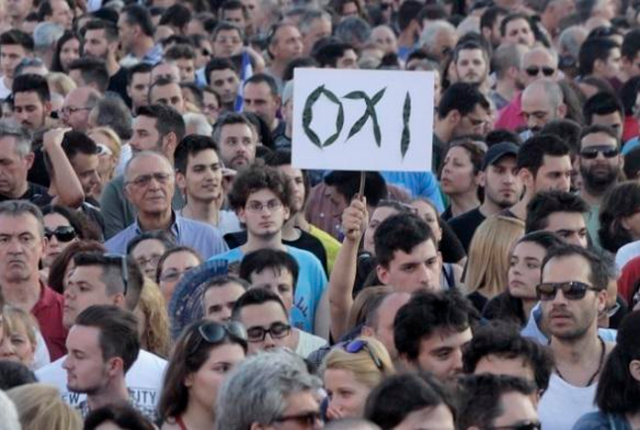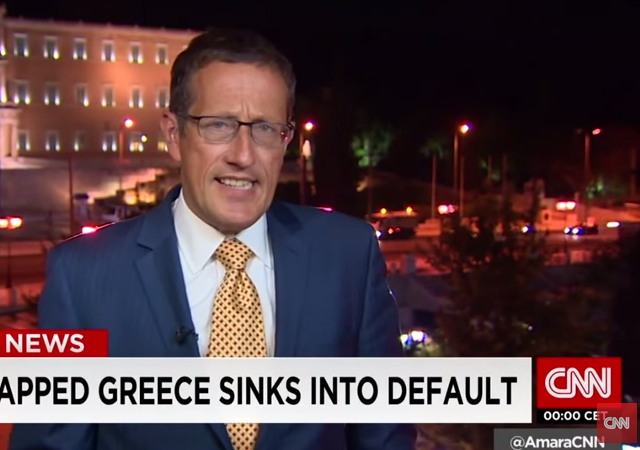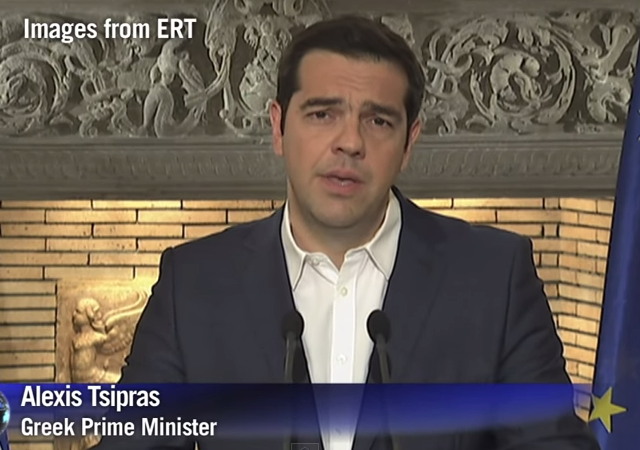The migrant crisis in Europe has now reached historic proportions. Unwilling to secure EU’s borders and coastline, the European leaders have surrounded their foreign policy to human traffickers and people smugglers. Among all the EU member states, Greece has been worst hit by the influx of migrants on its shores. According to
United Nation’s figures, the number of refugees entering into Greece has gone up a whopping 750 percent compared to last year.
Margaret Wente explains the motivation of the refugees swarming the Greek islands in her column for
The Globe and Mail:
The moment these people set foot on Greek soil, or are rescued by the coast guard, they’ve won the lottery. They can’t be deported unless they have applied for asylum and been rejected – and that can take years. Nor can they be returned to any place that is deemed unsafe. Because continental Europe has no internal border controls, they can go wherever they want. And if they don’t report for their asylum hearing, the system can easily lose track of them.
In July 2015 alone, more than 50,000 migrants landed on Greek beaches. That means, more migrants entered Greece last month than in the whole of 2014. The influx could not have come at a worse time for the Hellenic Republic, almost on the verge of a financial collapse.
In the face of mounting crisis in Greece, EU bureaucrats and leaders are acting clueless and pleading helplessness.












